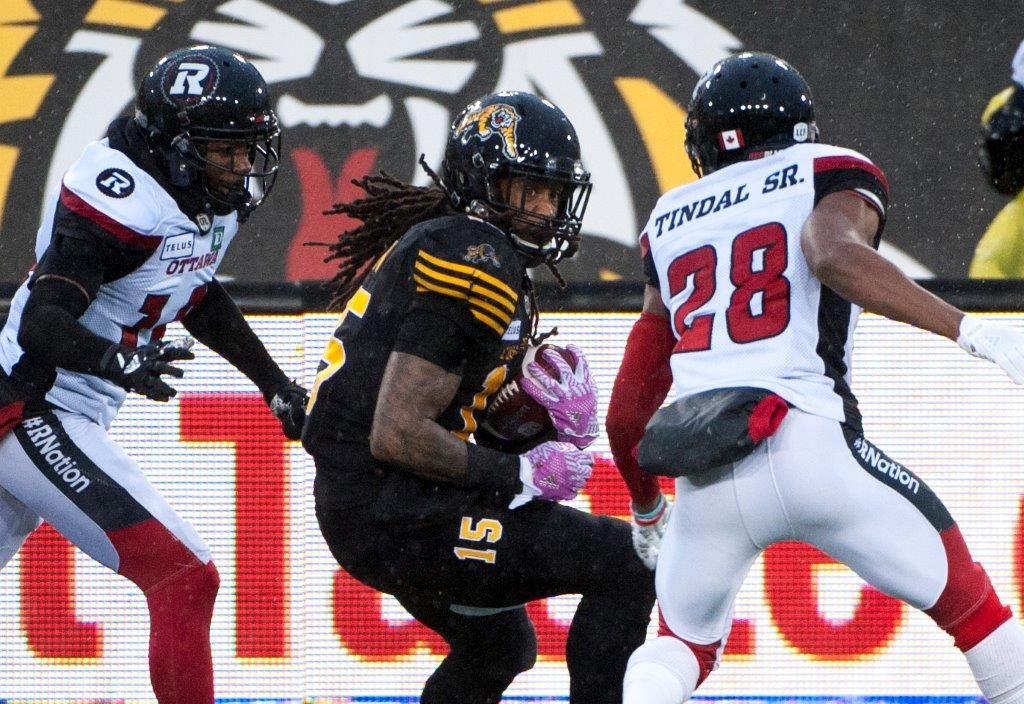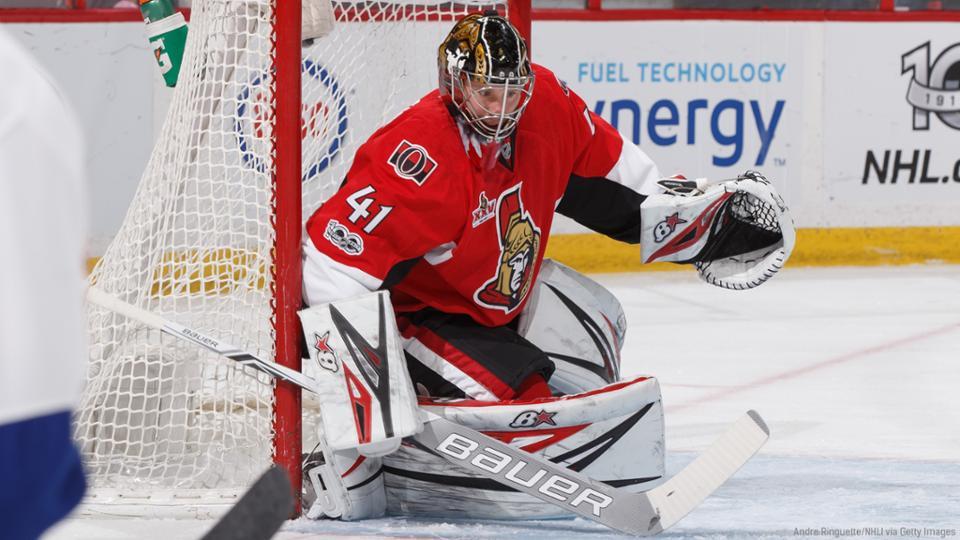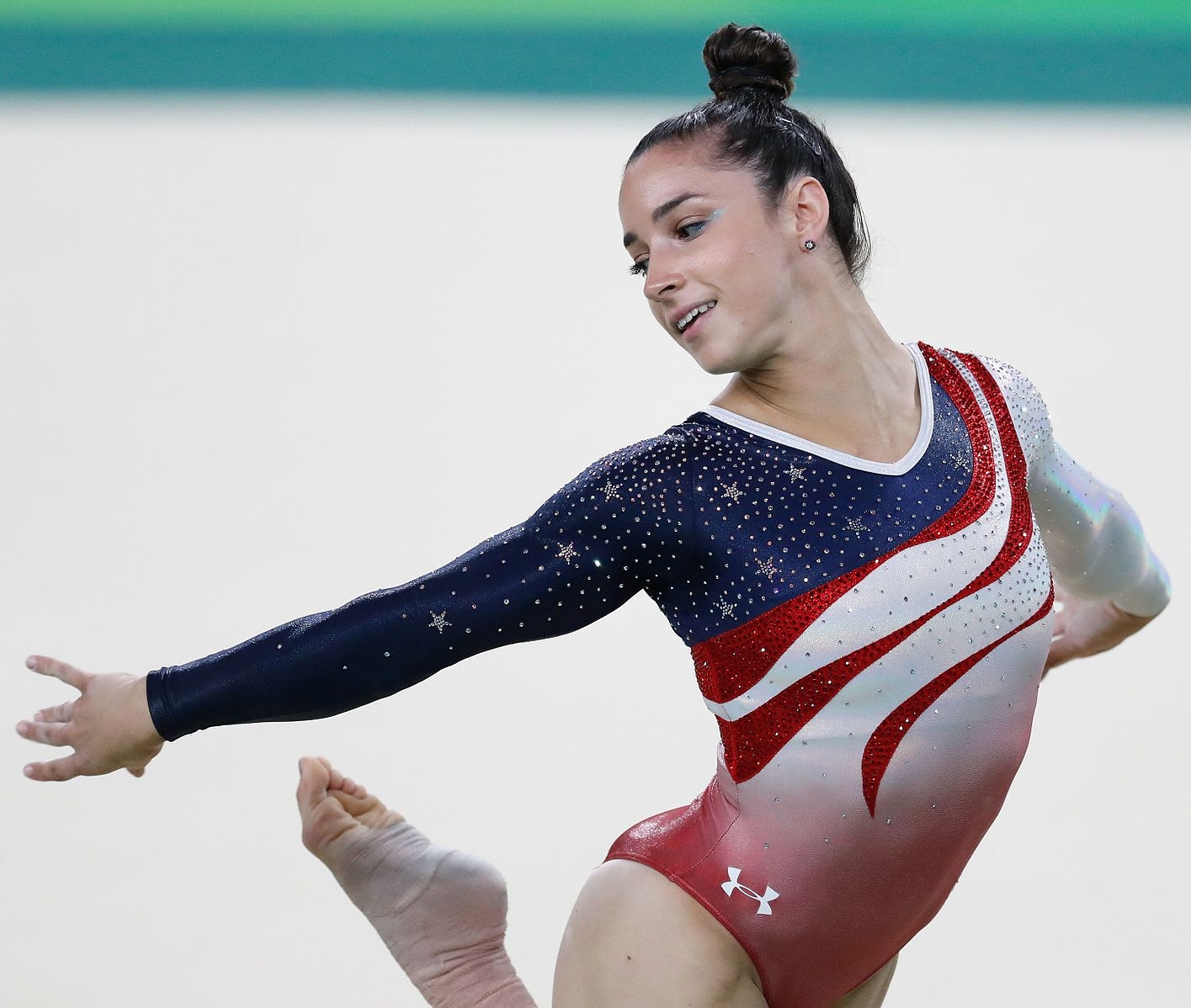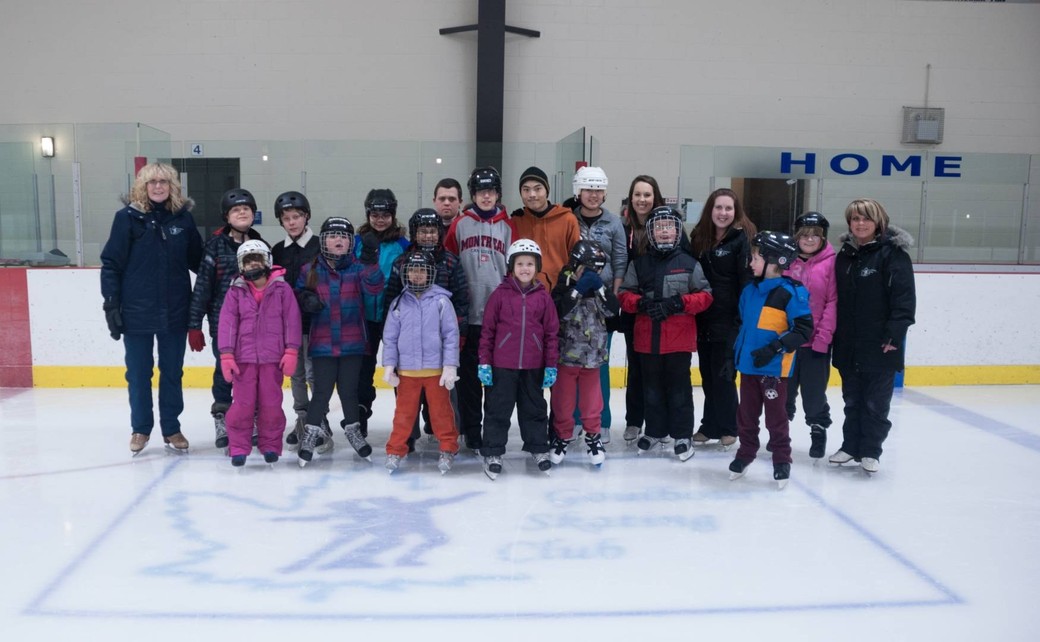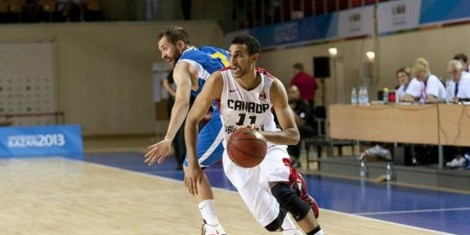
Canadian Basketball Thrives in Kazan
Canada’s highly anticipated arrival on the international men’s basketball stage likely won’t come for another few years – but early results in the lead-up to the 2016 Olympics suggest that the program is well on its way.
Rio 2016 is a sound estimate for a perpetually mediocre program to finally join the ranks of the world’s elite. While a relative fringe program like Canadian men’s soccer has gone through unspeakable international struggles, basketball has soared ahead in terms of youth participation, top amateur talent and impact at the professional level.

A revelatory performance at the 2013 world university championships exemplifies the steady rise of Canadian basketball, even if none of the players involved crack the senior national squad in future years. Overshadowed by current pros that sped through the collegiate ranks and future NBA stars just leaving high school, Canada’s crop of NCAA and CIS players that took the court in Kazan, Russia earlier this month demonstrated the unprecedented depth of our national system.
Seeking their first podium finish at the Summer Universiade since head coach Jay Triano’s playing days, Canada fell just short, placing fourth of 24 teams from across the globe. With a collection of collegiate standouts that boast varying degrees of NBA potential, Canada went a perfect five-for-five in the round-robin stage, coasting to a few early wins and outlasting the favoured United States by nine points in the finale.
The American roster featured several heralded NCAA veterans – Louisville’s Luke Hancock, Creighton’s Doug McDermott and Baylor’s Cory Jefferson, to name three – but couldn’t match the totality of Canada’s lineup, which routinely went 10 players deep. A pair of Ottawa products played substantial roles in Kazan: Carleton star Philip Scrubb and his brother Thomas, who were joined by Acadia forward Owen Klassen as the Canadian team’s lone CIS connections.

Solid as they were, they’ll be hard-pressed – just like the rest of their temporary teammates – to challenge for Team Canada in the coming years. The national program is set to receive a wave of stars that have forged their paths to professional stardom at American prep schools, establishing Canada as a suddenly robust basketball pipeline.
They’re led by Toronto phenom and University of Kansas commit Andrew Wiggins, the unquestioned top prospect in the 2014 NBA Draft. Wiggins would have been the first Canadian to claim the honour of first overall pick, but he was (somewhat shockingly) beaten to the punch last month by Anthony Bennett, a combo forward plucked by the Cleveland Cavaliers out of UNLV. With Canadian general manager Steve Nash wrapping up his playing career and fledgling pros Tristan Thompson, Andrew Nicholson and Cory Joseph finding their way in NBA rotations, Team Canada could soon be rejecting top pros from its national lineup – an inconceivable notion in recent years.
Overall, Canada finished 24th overall in Kazan with 16 total medals, clinching two gold (in the women’s 200-metre sprint and 100-metre butterfly swim). It’s a far cry from the 40 medals Canada earned back in 1993, setting a national record in Buffalo, but a boost from the 2011 Summer Universiade, where Canada placed 24th with a mere eight. Ottawa natives claimed a pair of silver medals for their role in Canada’s 4x400m relay squads: Alicia Brown on the women’s side and Mike Robertson with the Canadian men.
Canada’s international success continues to vacillate from year to year, competition to competition, in an abundance of sports – but basketball will soon be a regular contributor to national medal tallies.

